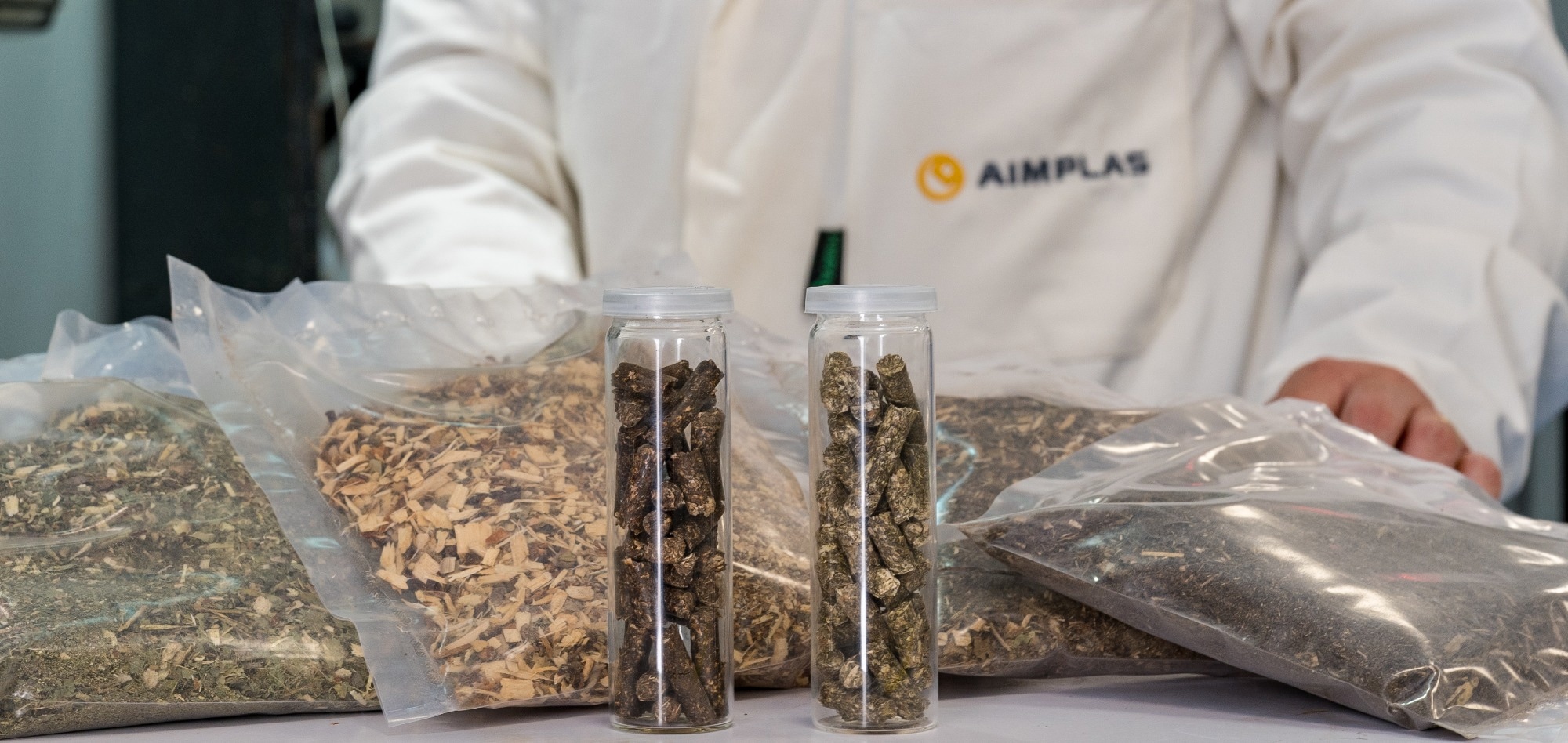In its first two years, the European BeonNAT project has achieved promising results that demonstrate the potential of biomass cultivated to produce bioplastics for bioactive cosmetics, biochar, activated carbon and pet litter with essential oils. AIMPLAS, the Plastics Technology Centre, is participating in this project, coordinated by the Centro de Investigaciones Energéticas, Medioambientales y Tecnológicas (CIEMAT), to drive the creation of value chains that make use of trees and shrubs grown on marginal lands as a source of biomass for bio-based industries.

Image Credit: AIMPLAS
In the first stage of the project, the 16-member consortium assessed the suitability and industrial applicability of different species, including Siberian elm, common juniper, hoary rock-rose, rosemary, birch, common broom, blackwood acacia, mora, common hornbeam and black poplar. These species were grown at six locations in Germany, Spain and Romania. In Spain, the trees were planted in Velefique (Almeria) and Lubia (Soria). The Soria site is managed by CIEMAT and is considered to be an area under sustainable forest management.
The Selection Committee chose six of the most promising species to assess their suitability for use in the manufacture of the end products. For example, black poplar grown in Zamostea (Romania) and blackwood acacia grown in Moara (Romania) have shown promising results in the production of lactic acid for manufacturing bioplastics for bioactive cosmetics.
Siberian elm was tested with good results for producing commercial activated carbon and biochar. For this end product, common juniper also shows promising results. So far, birch, rosemary and Siberian elm have shown the best results for producing pet litter made with essential oils. The first particle board tests have also been completed. Particle board with low formaldehyde emissions was obtained from all species, and some boards (especially from certain tree species) showed good mechanical properties.
In kraft pulping tests, pulp was also obtained from all species, although the pulp produced from juniper, rosemary and mora did not demonstrate good properties. The common broom shrub species performed surprisingly well for both particle board and pulp. In addition, tests are currently being done on the species’ bioactive potential.
In the next phase of the project, a second production test will be carried out using bio-based products. The industrial partners in the consortium will also assess the raw materials produced by the selected species for the scale-up process.
16 Partners in the BeonNAT Project
The project consortium is made up of 16 organizations from seven countries. The project is coordinated by CIEMAT, which forms part of the Spanish Ministry of Science and Innovation, and the project participants are AIMPLAS, Fundación Centro de Servicios y Promoción Forestal y de su Industria de Castilla y León, Consorzio per la Ricerca e la Dimostrazione sulle Energie Rinnovabili, Leibniz Institut für Agrartechnik und Bioökonomie (ATB), Brandenburgische Technische Universität Cottbus-Senftenberg, Universitatea Ștefan cel Mare din Suceava, Instituto Politécnico de Bragança (IPB), Laboratorios Maverick, Tolsa, Contactica, Idoasis 2002, El Jarpil, Envirohemp, NNFCC Limited and the Asociación para la Certificación Española Forestal.
BeonNAT is funded by the Bio-Based Industries Joint Undertaking (BBI-JU) with grant agreement number 887917. BBI-JU is supported by the Horizon 2020 research and innovation programme of the European Union and the Bio-Based Industries Consortium.